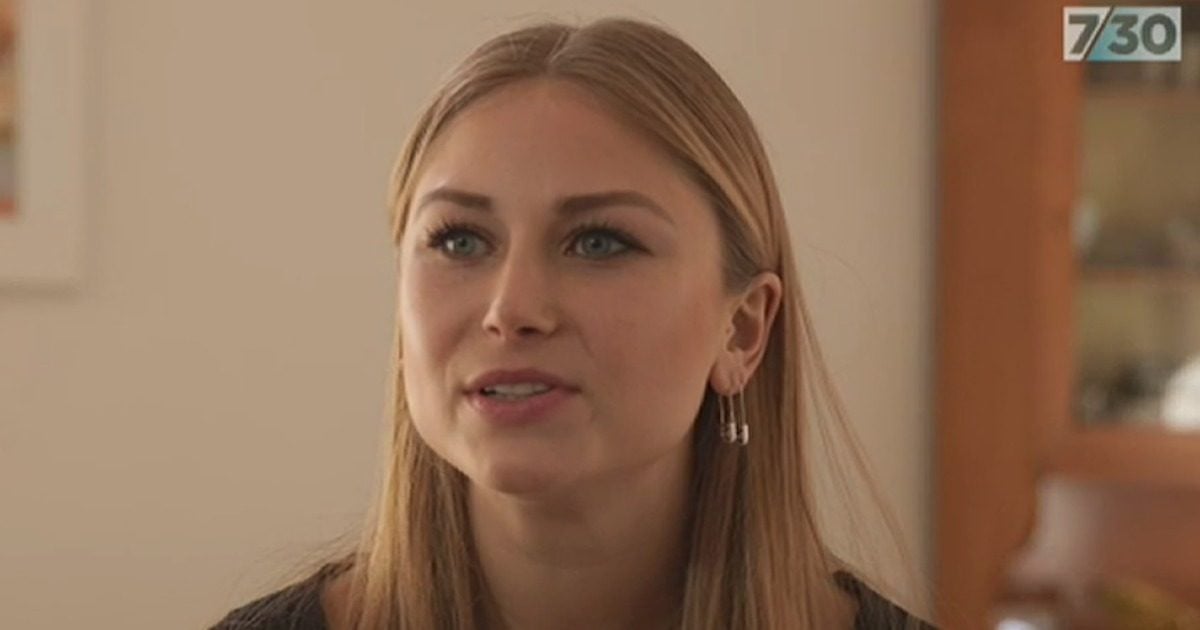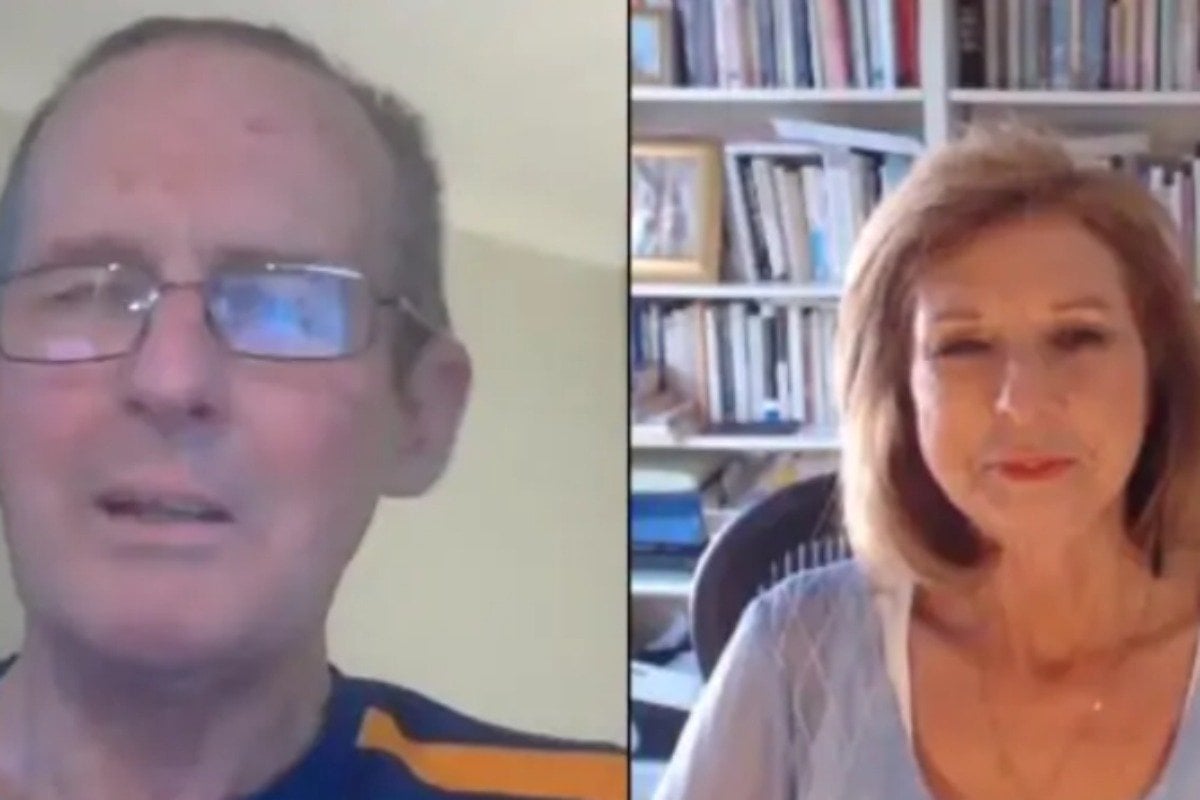
I first met Grace Tame in 2017.
She had contacted me in my role as a journalist and wanted my help to report her story.
At age 15, she had been groomed and repeatedly sexually assaulted by her 58-year-old high school maths teacher, Nicolaas Bester, at the elite St Michael’s Collegiate Girls’ school in Hobart.
At age 16 Grace had found the courage to report him, first to the school, then the police and finally through the courts.
By age 22, she had made the decision that she wished to waive her right to anonymity and speak out publicly, hoping that her story might educate others on the warning signs of grooming, and prevent other children from being targeted by predators.
But we quickly discovered that the story would not be possible – at least not the way she wanted it done.
In Tasmania and the Northern Territory it is a crime for any journalist to name a sexual assault survivor, regardless of their consent.
If I did name Grace – as she wished – I could face serious prosecution and potential fines. Similarly, the way the law stands in the NT, if I were to name a survivor there (with their consent) I could face up to six months jail.
Watch part of Grace Tame’s interview on ABC’s 7.30. Post continues after video.


Top Comments
Some great work by some great ladies right here. How ridiculous that awful man could tell his warped view of events and she couldn't respond. That interview with Ardnt was disgraceful and she is just as bad as he is, allowing him to defend his disgusting actions and actually suggest that a child deserves be raped.